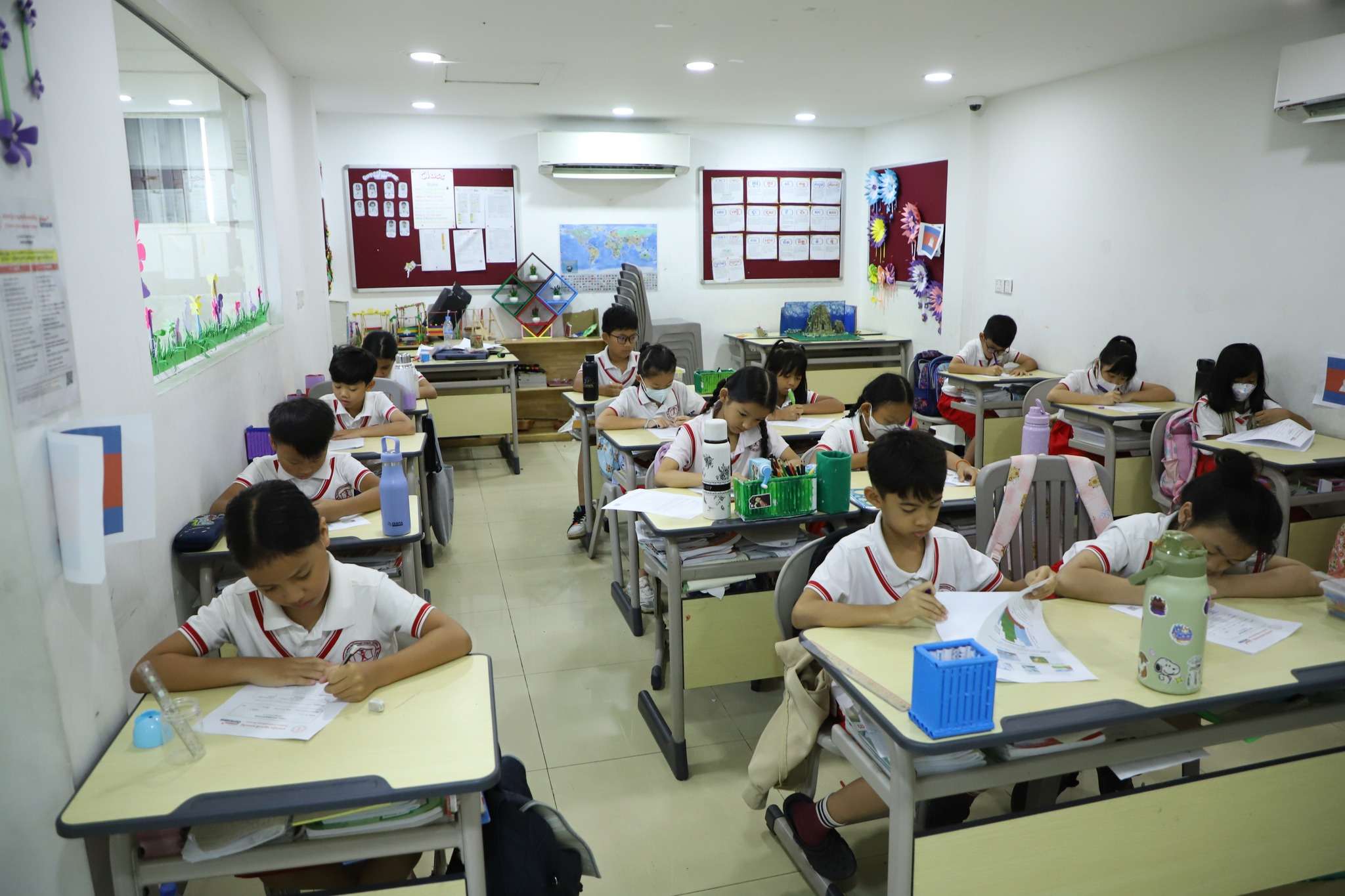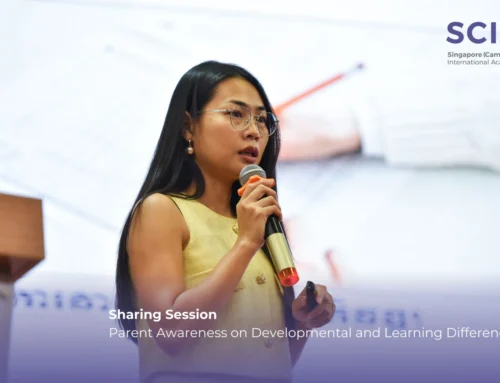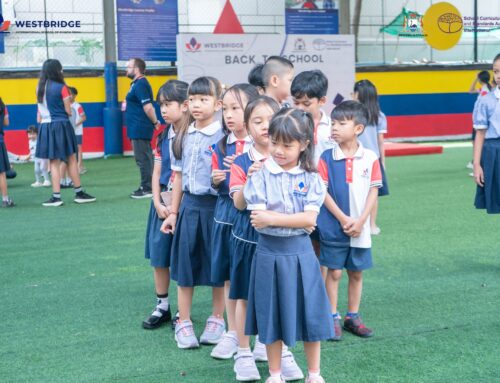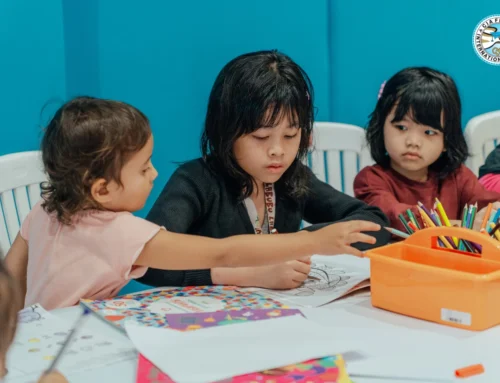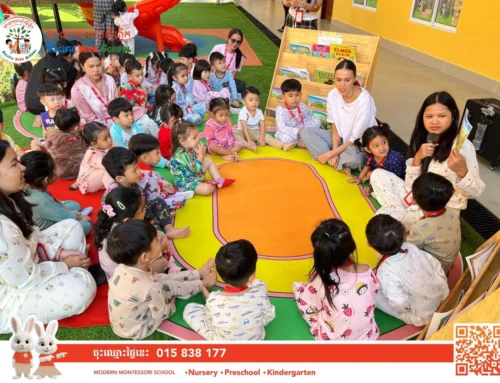Cambodia is making important strides toward inclusive education—an approach that ensures all children, regardless of their abilities or backgrounds, have access to quality learning opportunities. This commitment is especially visible in Phnom Penh, where schools and organizations are developing programs to support children with diverse needs.
Inclusive education strengthens communities and empowers children to reach their full potential in supportive, welcoming environments.
What Is Inclusive Education?
Inclusive education means welcoming students of all abilities into mainstream classrooms, providing the necessary support to meet their individual learning needs. It focuses on:
-
Equal access to education
-
Removing barriers to participation
-
Fostering respect and understanding among students
-
Tailoring teaching methods to diverse learners
This approach benefits not only students with disabilities but also their peers, teachers, and the whole community.
Progress in Cambodia’s Inclusive Education Journey
Cambodia’s Ministry of Education has embraced policies promoting inclusion, with pilot programs and teacher training underway in many schools. Key efforts include:
-
Training teachers on special education needs and differentiated instruction
-
Creating resource rooms and support services within schools
-
Encouraging collaboration between special educators and mainstream teachers
-
Engaging families and communities in the education process
In Phnom Penh, inclusive classrooms are becoming more common, reflecting a growing awareness of the benefits of diversity.
Benefits for Students and Communities
Inclusive education helps:
-
Children with disabilities gain confidence and social skills
-
All students develop empathy, cooperation, and cultural awareness
-
Schools become more adaptable and innovative in teaching methods
-
Communities value the contributions of every member
Research worldwide shows that inclusive education fosters better academic and social outcomes for all students.
Challenges and Opportunities
While progress is promising, challenges remain:
-
Limited resources and trained staff in some schools
-
Need for accessible infrastructure and learning materials
-
Awareness and attitudes still evolving in some areas
However, with ongoing government commitment, NGO support, and community involvement, Cambodia is building a more inclusive education system every year.
How Families and Educators Can Support Inclusion
Parents can advocate for their child’s right to education and collaborate closely with teachers. Educators can continue professional development and adopt flexible, student-centered teaching. Together, they create environments where every child feels valued and supported.
Conclusion
Cambodia’s journey toward inclusive education reflects a positive vision: a country where all children learn together, grow together, and contribute to a brighter future. As Phnom Penh and other regions embrace this approach, Cambodia is laying the foundation for stronger, more compassionate communities.

